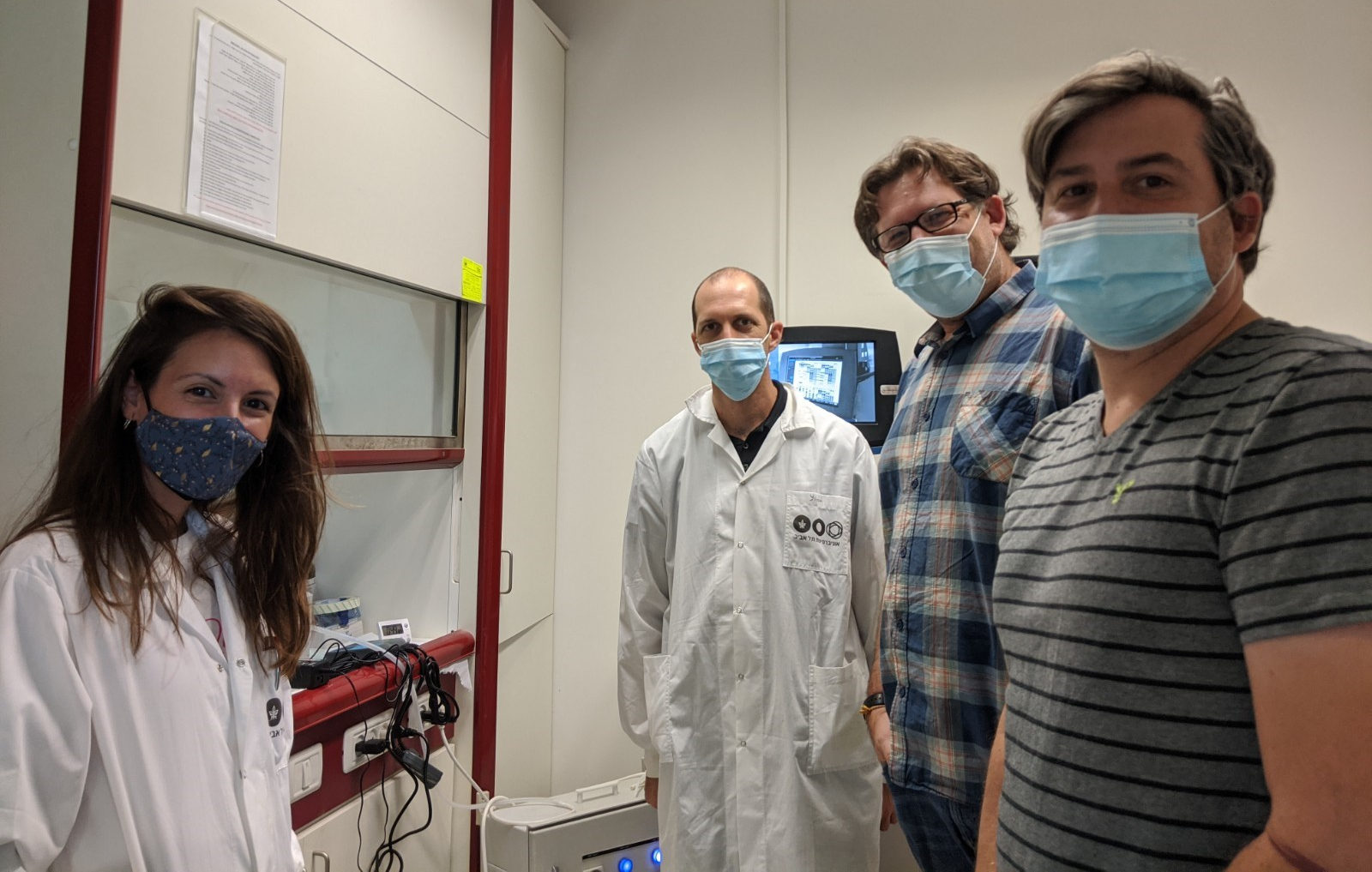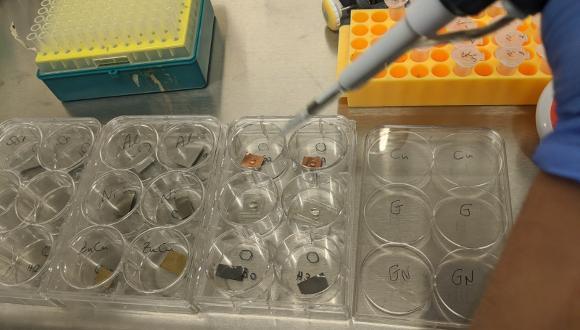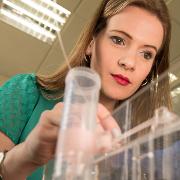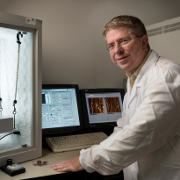TAU Professors are taking part in the global fight against the pandemic
The research provided by Dr. Ines Zucker of the Faculty of Engineering and The Porter School of Environmental Sciences shows that gaseous ozone can effectively disinfect Covid-19.
The research provided by Dr. Ines Zucker of the Faculty of Engineering and The Porter School of Environmental Sciences shows that gaseous ozone can effectively disinfect Covid-19.
The Covid-19 pandemic has severely affected public health around the world leading to a global panic. It has been more than a year since countries worldwide are enforcing social distancing and isolation, cancelling flights, and asking millions of their countries’ inhabitants to get tested to prevent further spreading of the virus.
Evidences that the Covid-19 is transmitted through aerosols and surfaces made scientists all over the world search for effective methods of disinfection. Dr. Ines Zucker from the School of Mechanical Engineering and the Porter School of Environmental Science, together with Dr. Yinon Yecheskel, the manager of the Zucker Lab, is taking part in the global fight against the pandemic. In recent days, Dr. Zucker and Dr. Yecheskel are working on practical methods to enable the use of ozone gas as a safe and potent disinfectant against SARS-CoV-2 virus.
Ozone is mostly known as a protective layer in the Earth`s stratosphere that absorbs dangerous ultraviolet wavelengths and protect us from harmful radiation. At ground level, ozone is a toxic gas that can cause health issues and overall, is considered as an air pollutant. However, ozone is also known as a strong oxidant that is used in water and wastewater treatment. Dr. Ines Zucker and her team try to adapt the method whereby they use ozone to break down water contaminants and apply it to disinfect Coronavirus from infected surfaces and aerosols.
“We generate ozone through electrical discharge of oxygen gas, and typically use the mixed stream to oxidize chemicals in water. Now, we proved the potential use of ozone-gas disinfection to combat the COVID-19 outbreak”- says Dr. Zucker. Through process engineering, ozone can be safely used for air disinfection, while minimizing exposure to ozone residues in treated air. The advantage of ozone over other common disinfectants (such as alcohol) is its ability to disinfect hidden objects and indoor air, and not just exposed surfaces.
Moreover, the researchers found a safe, non-contagious model of the SARS-CoV-2 virus which they are using to accelerate their research on ozone disinfection.
“We paved the way towards a promising ozone-based disinfection method, and now we are continuing our research and examining optimal conditions to minimize infectivity as well as ozone residues in the treated area”– concludes Dr. Zucker.

Photo: on the right, Dr. Joel Alter, Dr. Moshe Dessau, Dr. Yinon Yehezkel and Dr. Ines Zucker
The research was conducted in collaboration with Dr. Moshe Dessau from the Faculty of Medicine at Bar Ilan University, and Dr. Yaal Lester from Azrieli College of Engineering in Jerusalem. The preliminary findings of the study were published in the journal Environmental Chemistry Letters.
Loving the problem is the greatest way to invent






